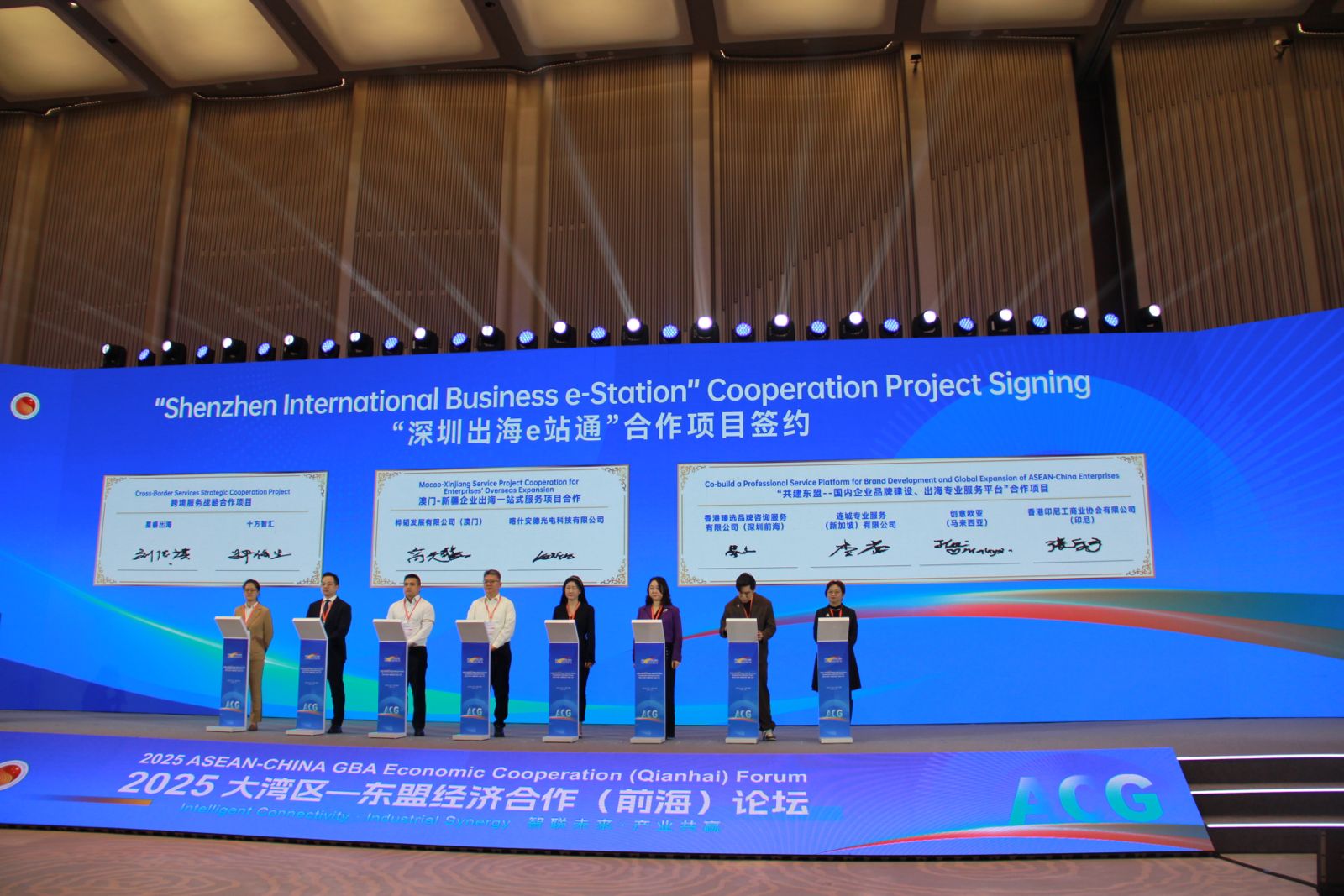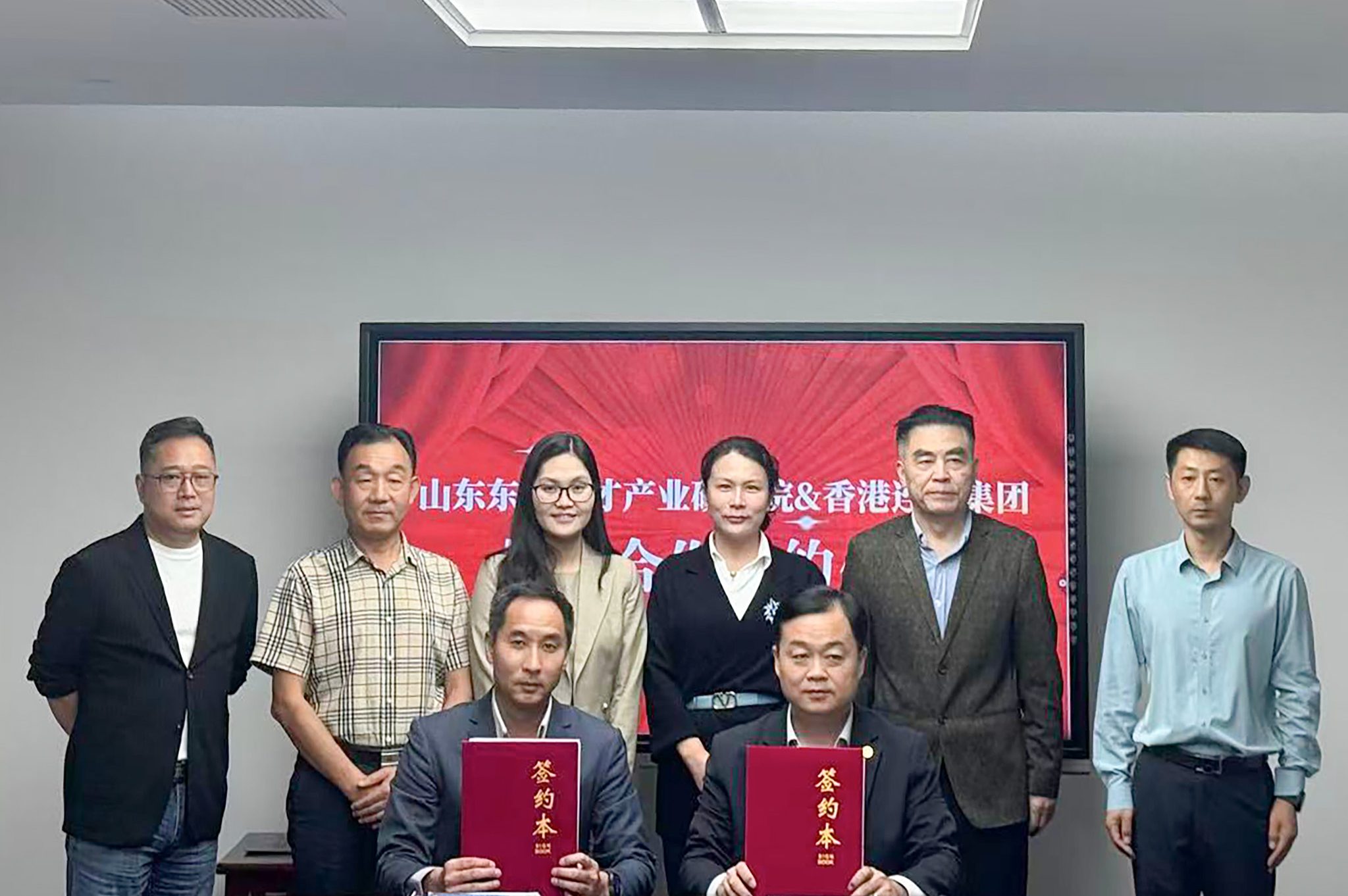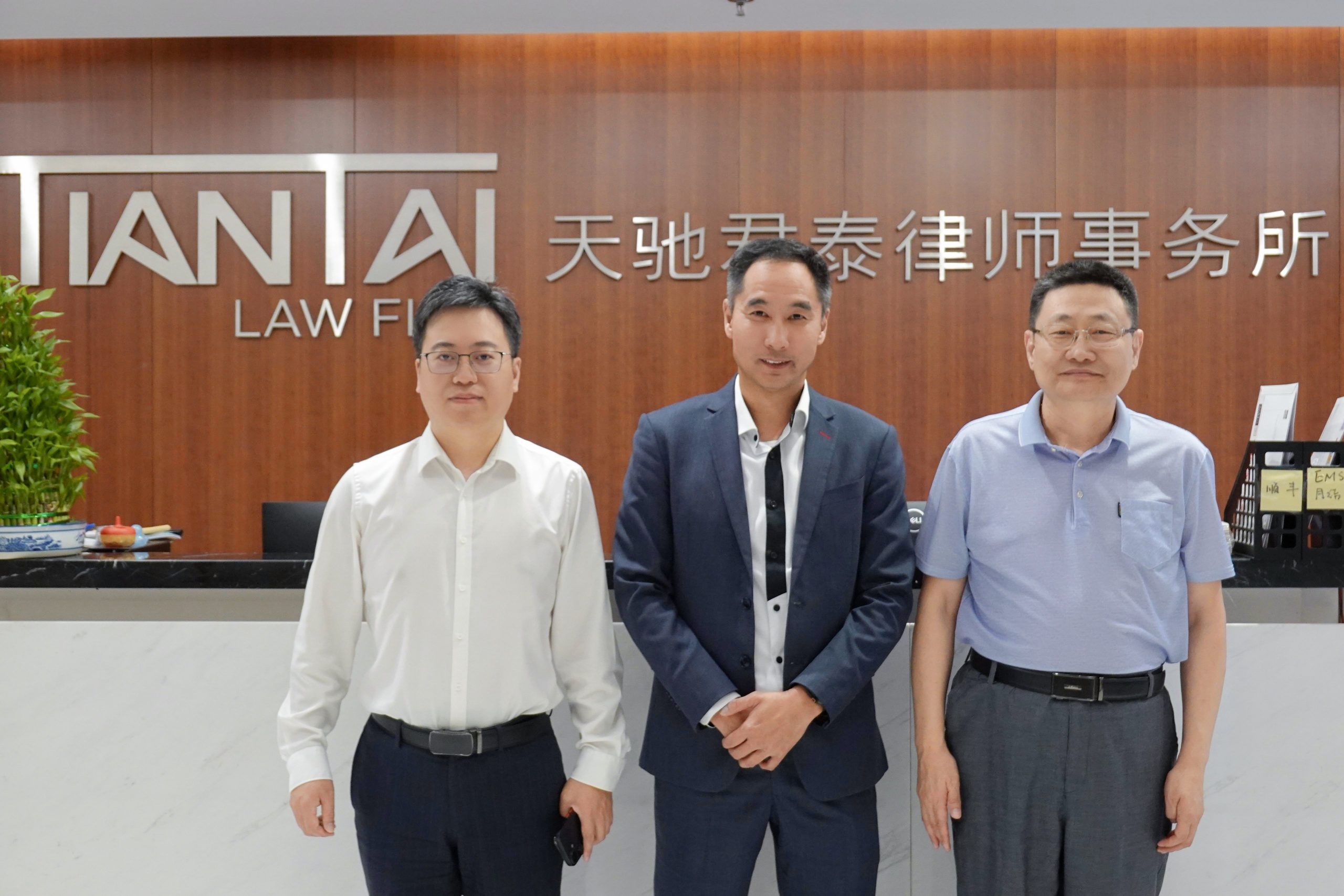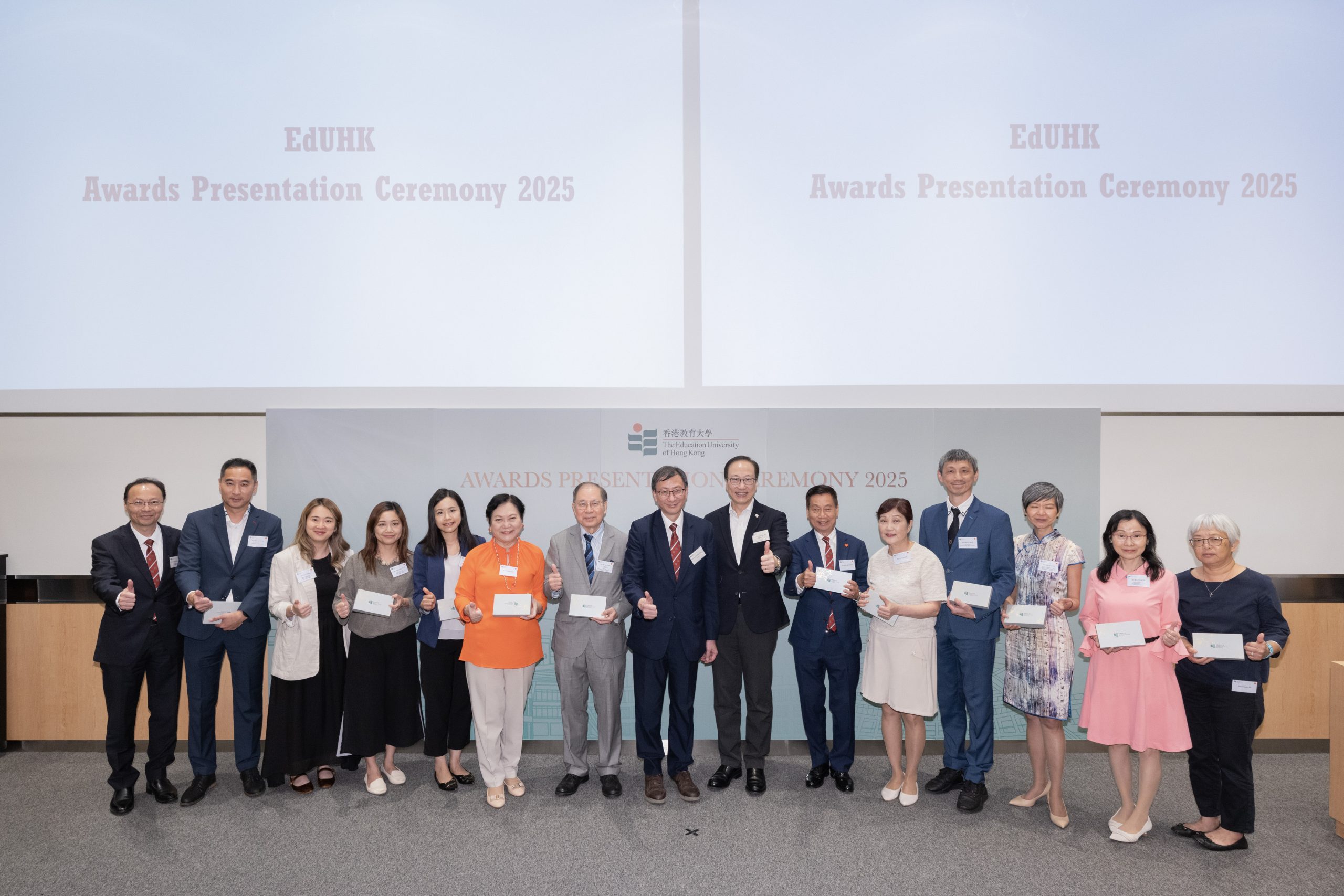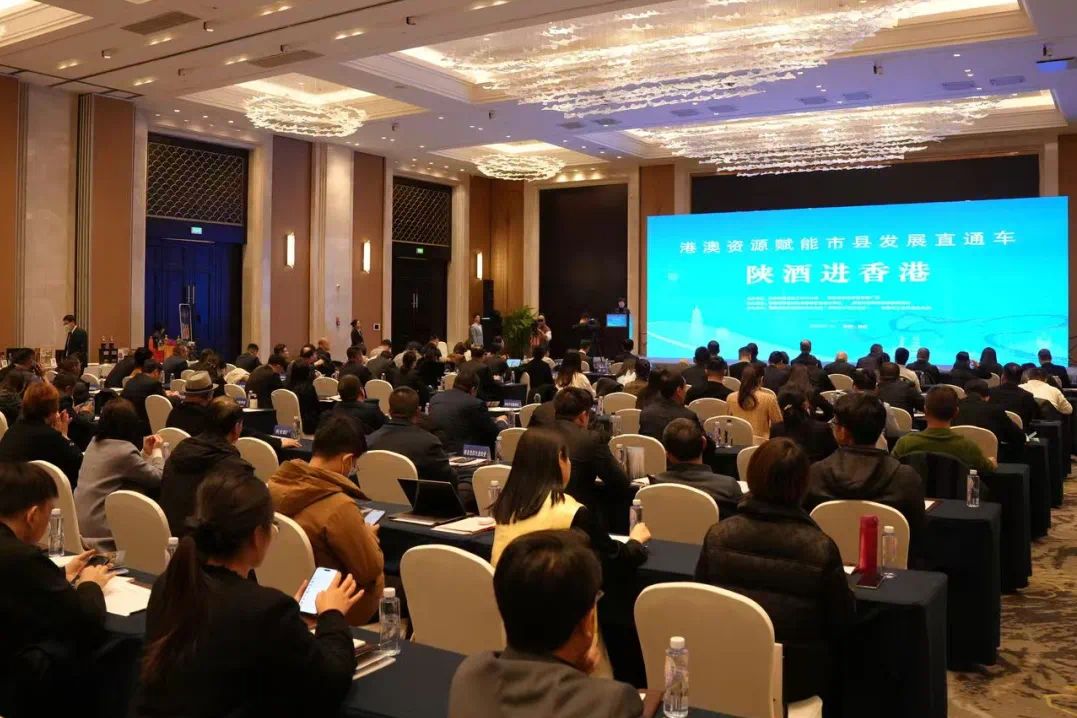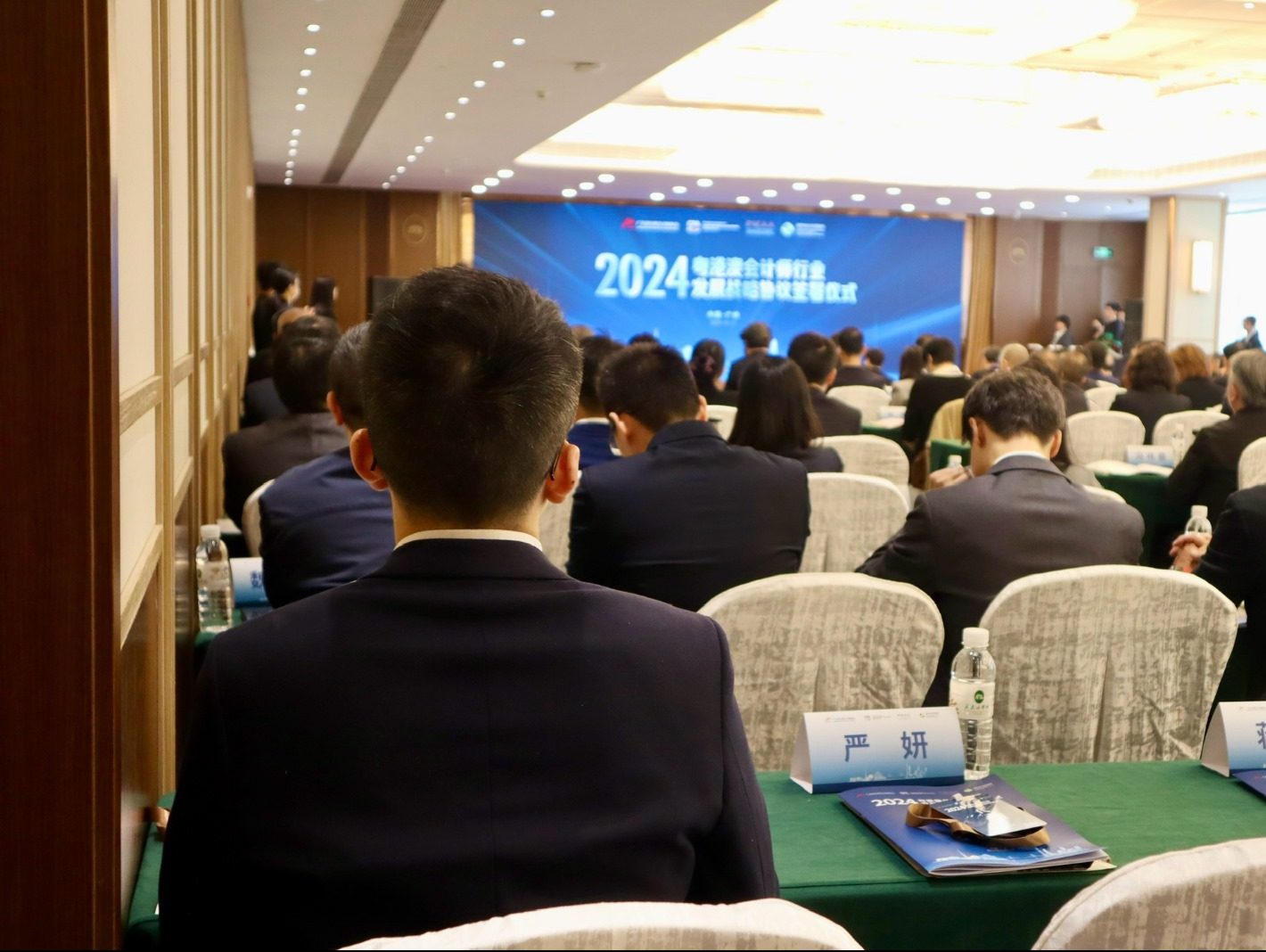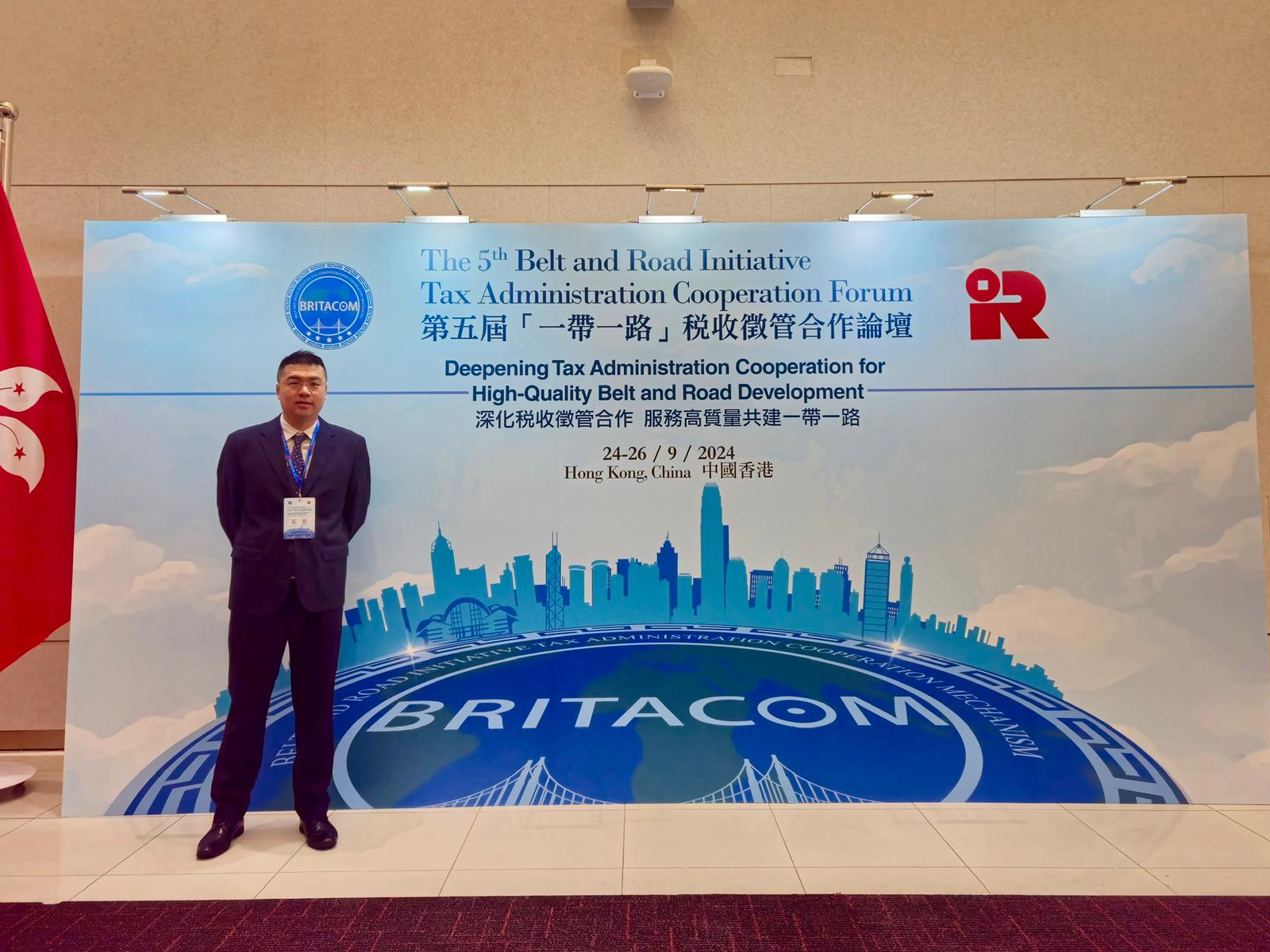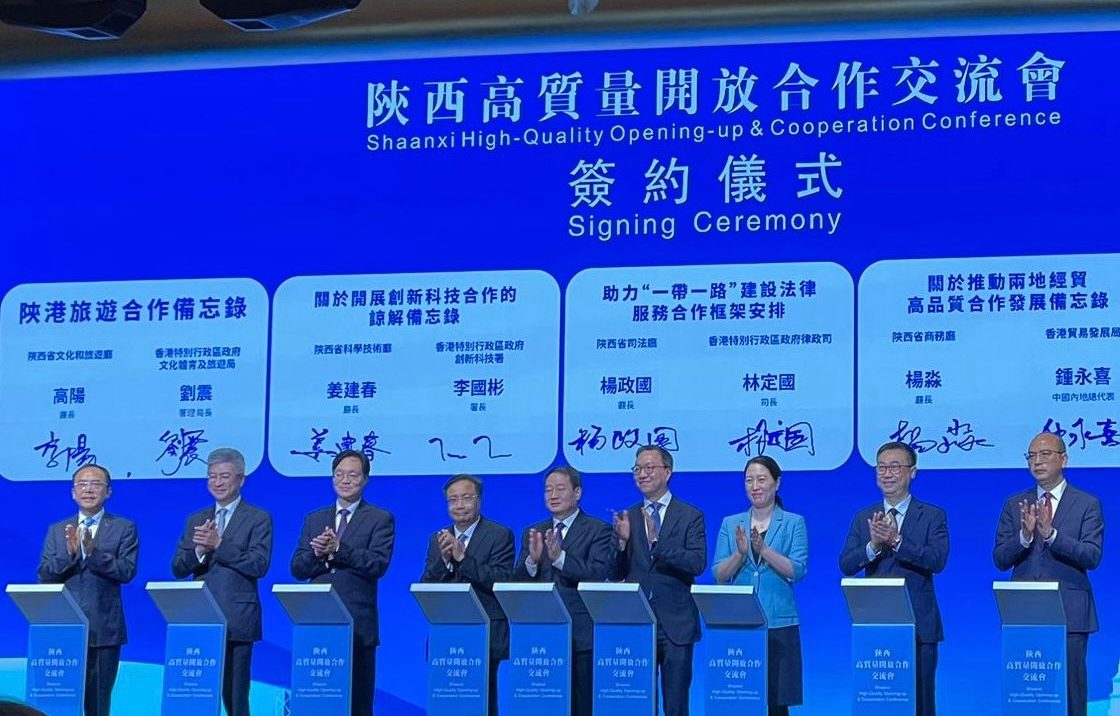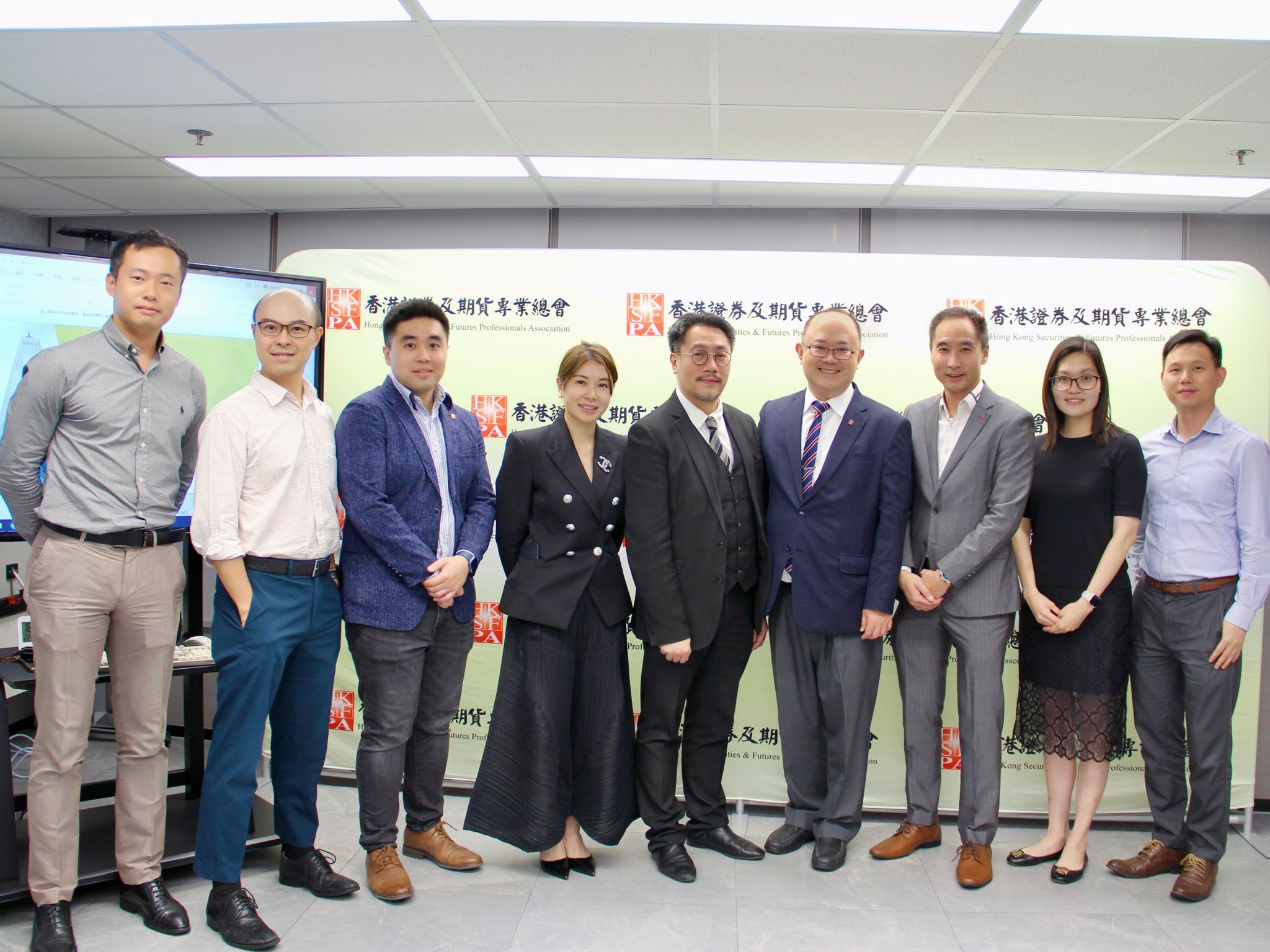
Beijing Greenlights More RMB Products and Green Financing to Hong Kong
Hong Kong’s position as a wealth and investment centre, and as China’s global financial hub, received a major boost as Beijing outlined a series of measures to enlarge Hong Kong’s vital role as a connector between Mainland China and the world.
These measures from the People’s Bank of China, China’s central bank, include relaxation of rules for cross-border payment within the Greater Bay Area (“GBA”), allowing Hong Kong and Macau residents to purchase in Mainland properties easier, and expansion of the e-CNY digital currency pilot in Hong Kong.
Furthermore, there is the expansion of a transborder investment channel called the Bond Connect between Hong Kong and the Mainland’s financial markets, effective on 26 February 2024, as well as allowing residents from nine Mainland cities in the GBA to invest up to 3 million yuan each in Hong Kong’s wealth management products, tripling the previous quota under the Wealth Management Connect Scheme.
“Hong Kong is a well-known international financial centre with a liquid financial market, big talent pool, and sound legal environment,” as highlighted by Li Yunze, Minister of the National Financial Regulatory Administration, at the 17th Asian Financial Forum.
“Chinese banks and insurers will be encouraged to issue yuan-denominated bonds and other financial instruments related to green financing in Hong Kong. These issuances will further support the bond market of Hong Kong and its role as an offshore yuan trading centre,” he further explains.
He also emphasizes that the new measures will help improve stock market sentiments in Hong Kong and the Mainland, and encourage more investment in the Bond Connect and Wealth Management Connect.
These proactive measures should draw in more international capital into Hong Kong to access Mainland Chinese bonds, stocks and derivatives, and at the same time encourage Mainland capital to flow southwards into Hong Kong for international investments.
Mainland authorities have clearly stated their commitment to an open-door policy as the long-term state policy for developing the financial markets, where more support for foreign firms, in addition to investor protection, are provided in an evolving and improving business environment.




